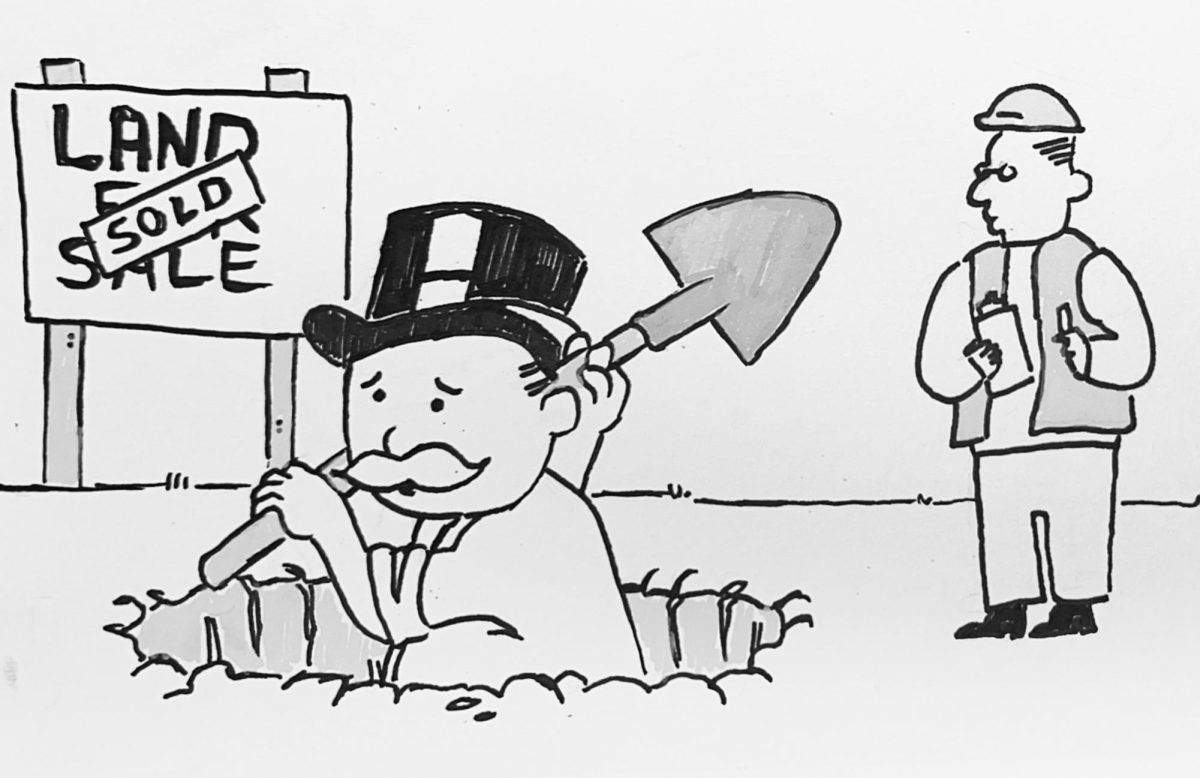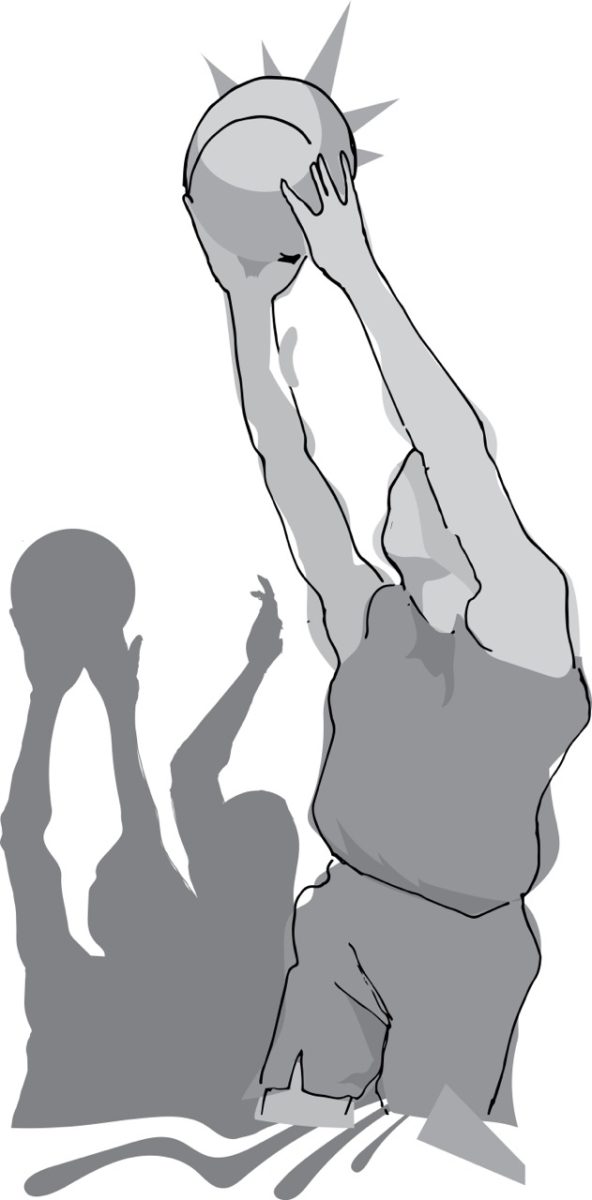When advocating for the kind of social change we need to stabilize the climate, there are two main schools of thought that cause trouble. I’ll get to the second in a minute, but for now, the first is an agglomeration with which any environmentalist should be familiar if they like to argue: climate change is not real, humans are not responsible for climate change, dealing with climate change is not as important as ensuring a global standard of living, I’m not going to curb emissions until China does, etc. Scientists and other experts spend most of their time arguing against these people, with facts and figures proving that our experiment on the Earth is likely to get worse than anything they could name.
The most recent report from the Intergovernmental Panel on Climate Change is no different, and frankly, I’d be suspicious if it was. It offers numbers––parts per million (still over 400, still climbing), temperatures in Celsius, things that will happen by 2030 and 2050––keeping them as simple as possible in order to avoid spin. This time, however, something was different: both the report itself and the media surrounding it seemed to have placed a greater emphasis on hope.
Numb to the usual ineffectual gloom that flares up every time the IPCC releases one of these documents, I found myself surprised and decided to dig deeper. Ultimately, I still mostly found gloom, but the moment’s delay prompted me to look at things in a different light. What I uncovered was that the action the report calls for to forestall a 2-degrees-Celsius rise in global temperature––each nation must cut 40 percent of its 2010 emissions by 2050––actually struck me as plausible. Monstrously difficult, sure, but it looks worse than it is because we’re not used to large-scale social change having a deadline.
Which brings me to that second school of thought I mentioned earlier, one I believe may actually be more dangerous than the cabal of deniers and diminishers: the doomsayers. “What’s the point?” asks this breed of pseudo-informed modern human. “Why worry about what we can’t change? We can’t stop it or contain it, so we may as well adapt.” Corporate interests like to piggyback on this argument, touting themselves as humanists because they believe in our ability to evolve. People in this faction agree that mitigation is impossible, even if they feel different ways about it. Thus we have rationalization and pessimism grouped together under the poison cloak of realism.
I’m going to speak directly to the IPCC now: you need to start targeting these people, not the others. Something about your reports is obviously not finding its mark, because if policymakers took findings a quarter as dire to heart, we would have a much stronger climate change policy across the Security Council right now. I think I know what that something is, too.
People respond better to positives than negatives. True, frequently it’s easier or more fun to work against something rather than for it, and “love to hate” is still a phrase, but the negatives the environmental movement is wrapped around aren’t the fun kind. I have stood with the rest of them and cried that we must reduce, slash, cut back, while quieting the nagging understanding that we’ve offered no replacements.
So, IPCC, tell us what we can do, and how we can do it. You’ve speculated on the darkness of the idle future. Now, turn your expertise toward the light. Use your expertise to define clearly how we can send the economy the way we want it to go. Point us, and we won’t back down.










